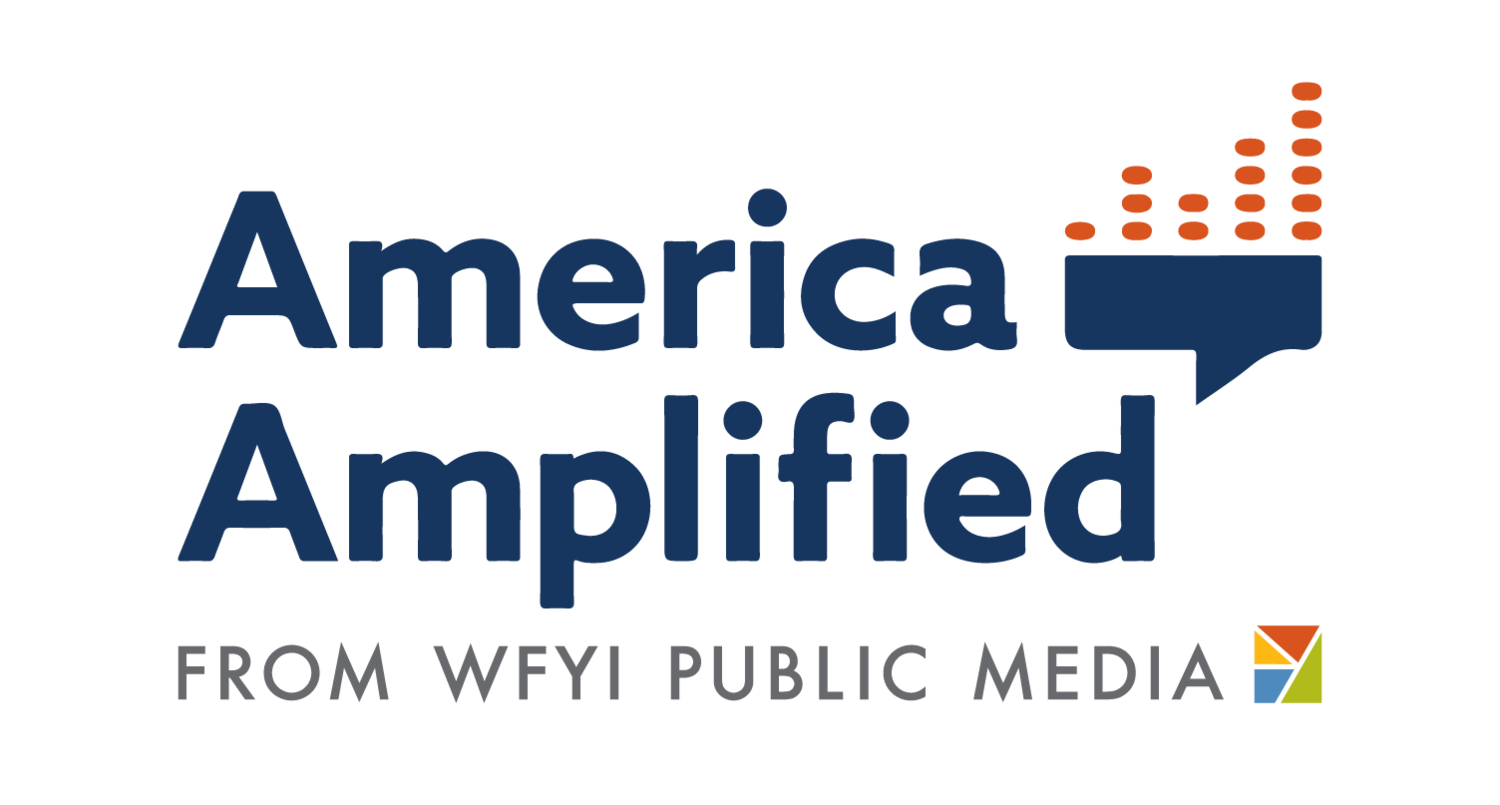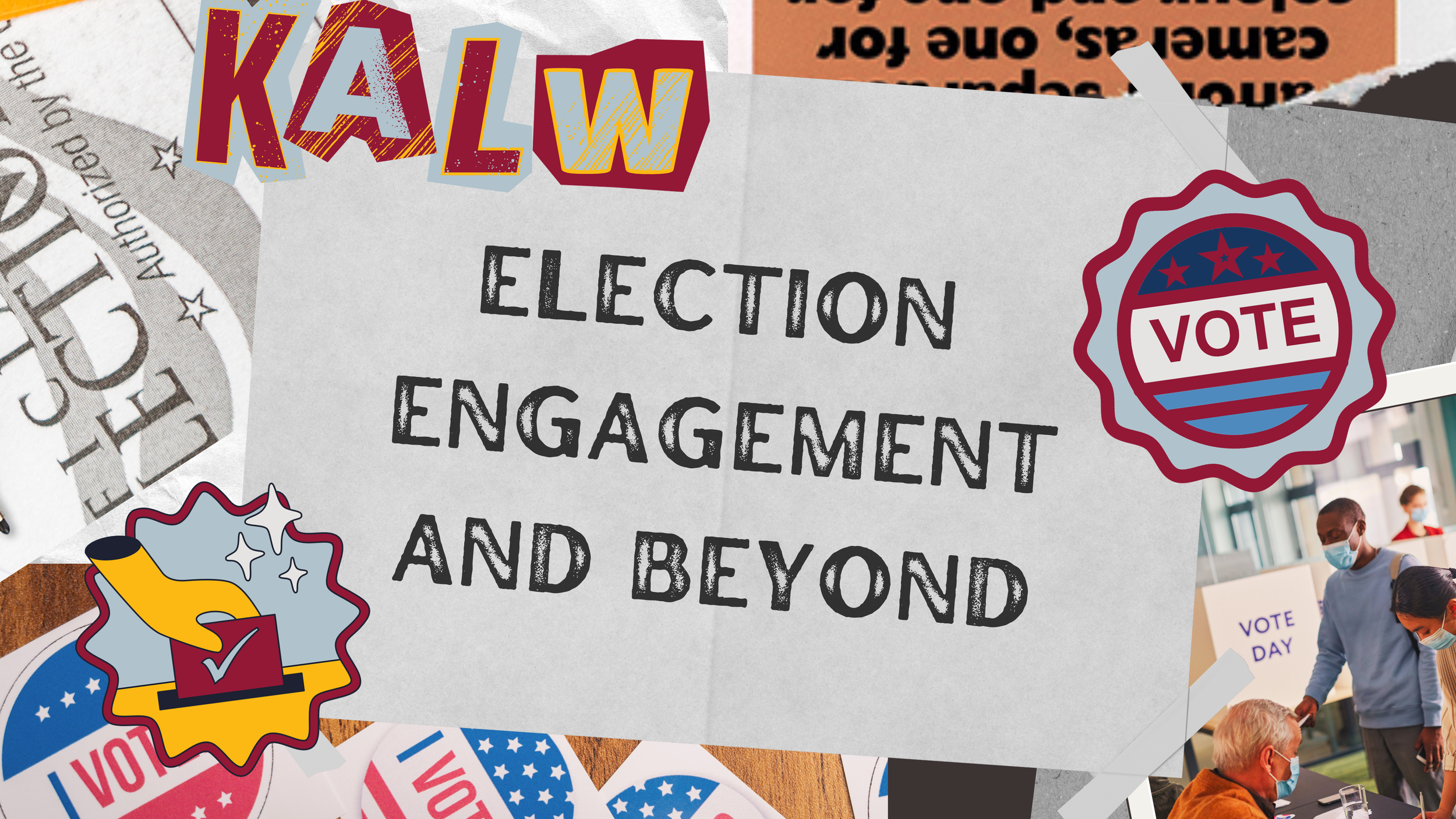San Francisco’s KALW takes public service journalism seriously
Project Summary: The innovation I planned to focus on in this case study was, originally, KALW’s expansive community-engaged election work – and I’ll get to that! But as I spoke with KALW Executive Producer (then Interim Executive Director) Ben Trefny, and learned more about the station, I realized that engagement at KALW is not a one-off project. In fact, the station has a long history of community-focused endeavors, from story-telling pop-ups collecting hyperlocal stories in an East Oakland library to an ongoing initiative that provides media training for community members, and to incarcerated individuals whose stories are featured in a podcast called Uncuffed.
“This was the reason to be in this industry,” explained Trefny, to serve these communities that had been underserved in the past, to try to rebuild community’s trust in media, to help people understand and explain the world in which they live. What he has learned, Trefny says, is that “journalism is best practiced with the people in communities where we work.”
The objective: Engage underserved communities in an election year
At the heart of engagement work at KALW is their nine-month-long tuition-free Audio Academy that each year trains community members in basic radio journalism. The station’s election coverage in recent years has relied on Audio Academy reporters as “base-line engagement” - the ground troops, Trefny calls them - focusing on five local communities with historically low voter turnout rates. Audio Academy reporters created community and media partnerships in these communities, researched local election issues, created specific voter guides and helped distribute thousands of door hangers with voter information. After the election the station continued to focus coverage on these specific neighborhoods with special newscasts providing resources on health and equity issues in each of the five communities.
After surveying their community and discovering that they needed clarity about numerous ballot initiatives facing California voters, KALW also began producing 2 minute audio stories called Election Briefs, summarizing all statewide propositions and county measures. They also produce a comprehensive local voter’s guide and, on election night host hours of live conversation joined by dozens of community leaders.
The Challenge:
Doing this kind of work at a small station is always difficult. Resources are limited and some projects are shut down before they ever really bear fruit. But over time, Trefny says, a strong team has evolved that manages all the ongoing training projects – the audio academy, the storytelling classes in prison, a summer podcasting institute for high school students – freeing up news leaders to reach out for partnerships and to pursue grant opportunities.
“If you center on the mission and tell that story,” Trefny says, it has resonance with partners, with trainees and with funders. KALW’s story is about engaging in communities and giving them the tools to tell stories and convey information.
The Takeaways :
KALW is not a massive organization. They’ve just prioritized community service. Other stations can do the same and here are a few takeaways:
Start by evaluating if what you are doing is of value to the audience and the community. How many newscasts do you really need to do to serve your audience? KALW does a survey every year to find out what information their audience needs and how much of it they need.
Form partnerships with universities and community colleges – work with students to train them in radio journalism and listen to their feedback on the stories you do, on what is important and what the media gets wrong.
Be crystal clear about your intention as a newsroom and a station – this is who we are and how we want to serve the community. Then, identify funders to support that intention.


